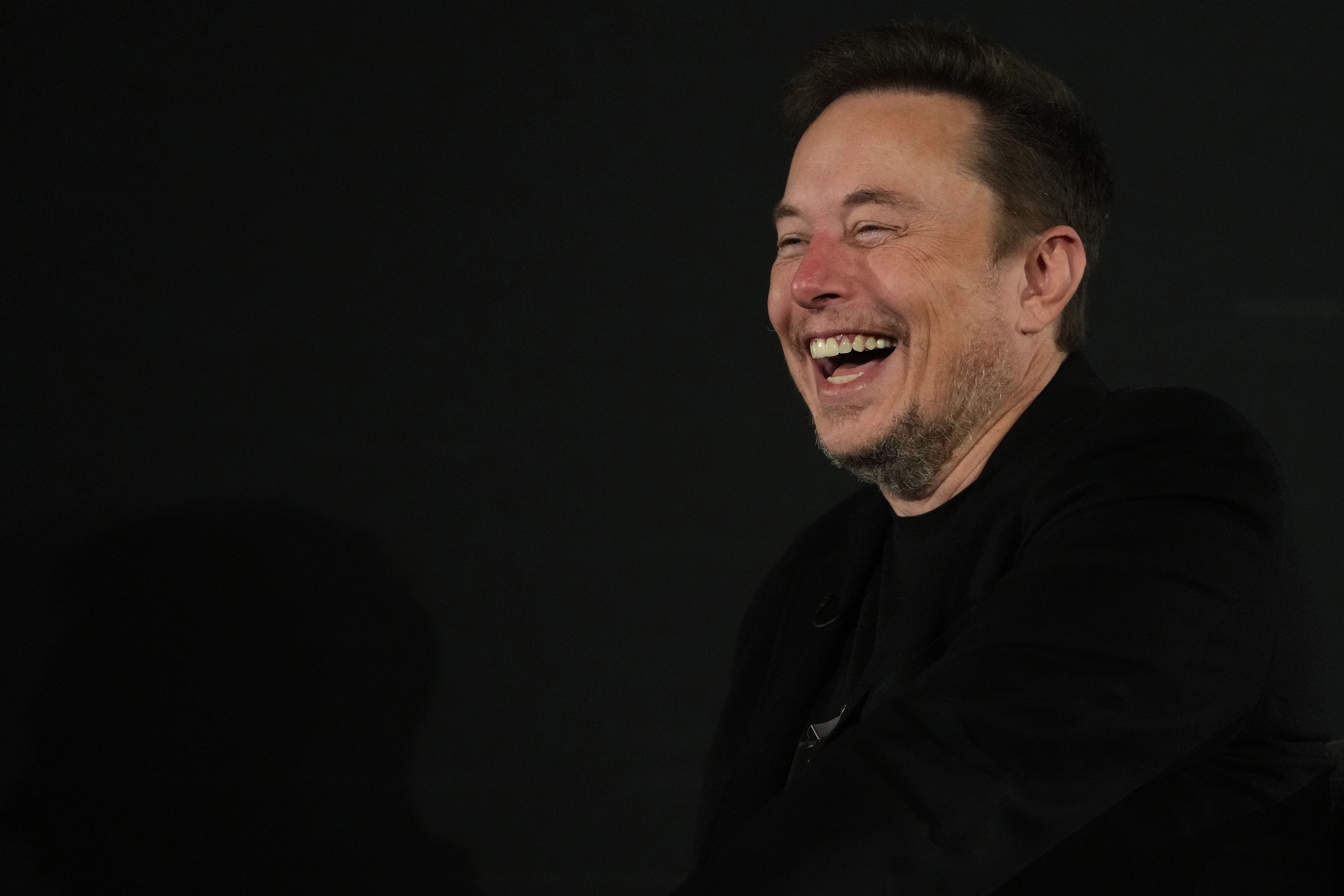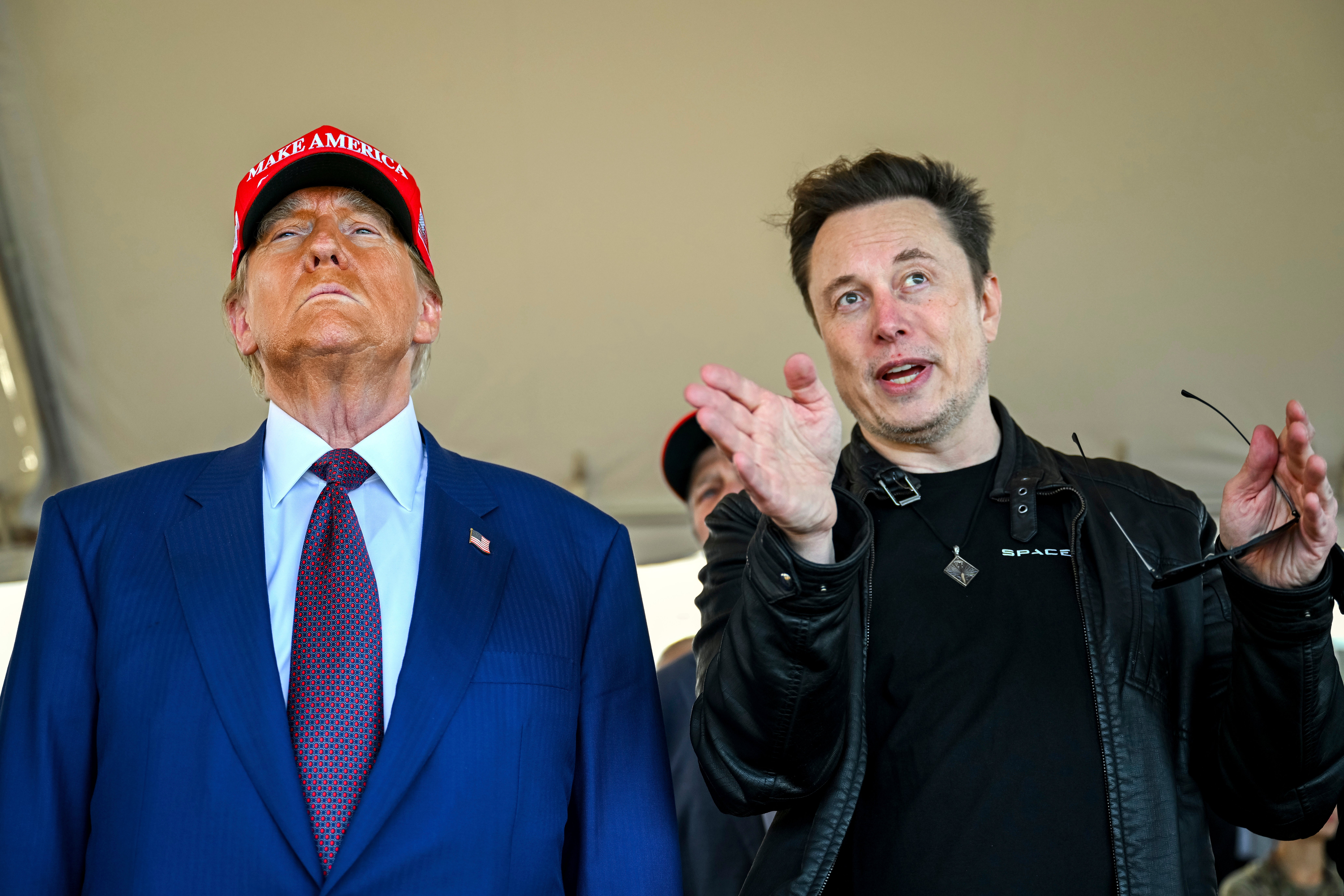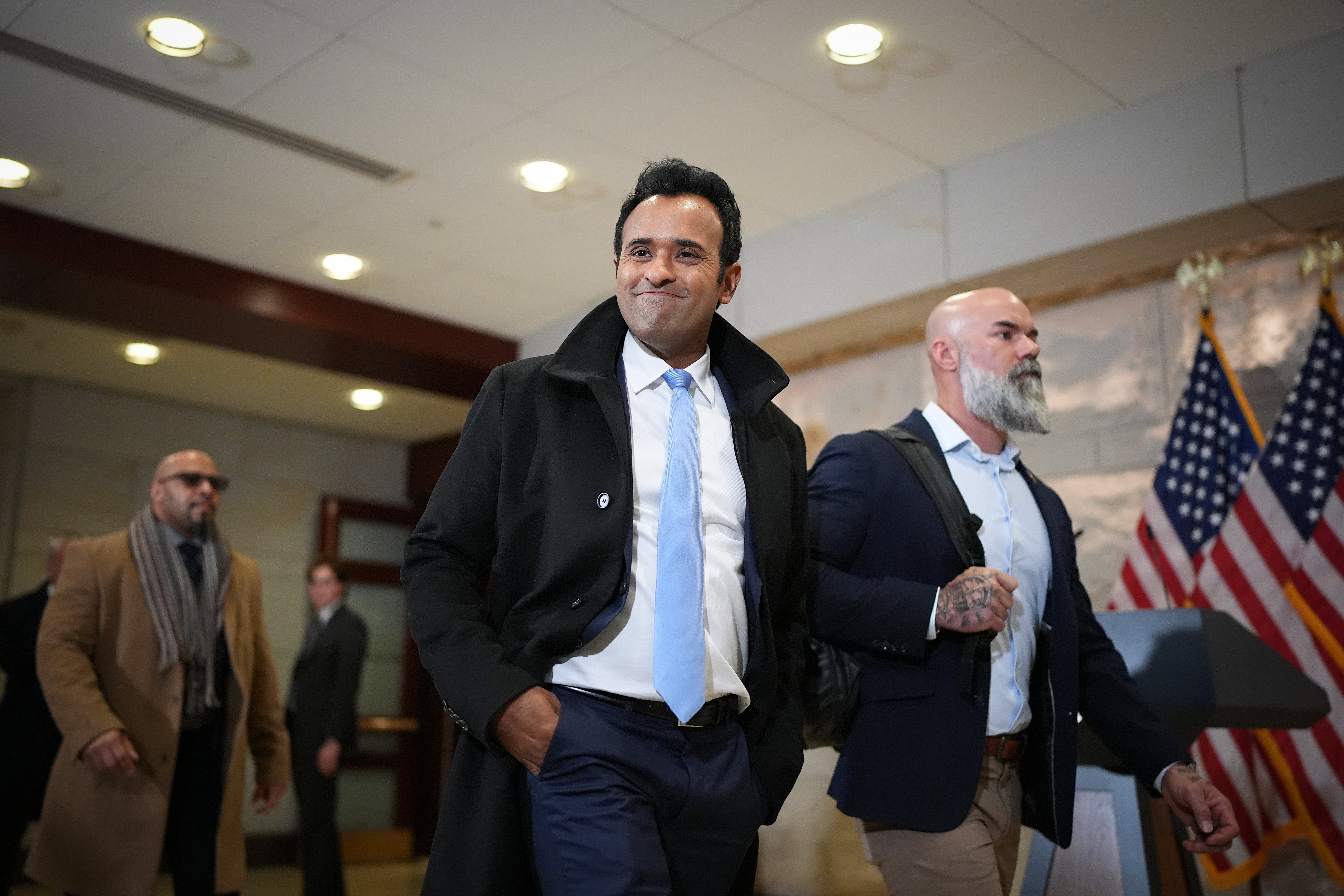Elon Musk has been branded a “national security risk” by a former U.S. army general, who cited his concerns over the tech billionaire’s close ties with the Chinese government.
Lieutenant General Russel L. Honoré, who retired in 2008, highlighted Musk’s history of appeasing and praising the Chinese Communist Party and his multiple business deals with the party, particularly in the modern space race.
In a scathing op-ed, published in The New York Times, Honoré noted that Musk and his company SpaceX already face federal reviews for failing to provide details of meetings with foreign leaders, but said that such infractions were “just the beginning of my worries.”
Musk has previously borrowed at least $1.4 billion from banks controlled by the Chinese government to help build a “gigafactory” in Shanghai for Tesla. The factory was responsible for more than half of Tesla’s global deliveries in the third quarter of 2024.

“China does not tend to give things away,” Honoré wrote. “The country’s laws stipulate that the Communist Party can demand intelligence from any company doing business in China, in exchange for participating in the country’s markets.
“This means Mr. Musk’s business dealings in China could require him to hand over sensitive classified information, learned either through his business interests or his proximity to President-elect Donald Trump.”
The close relationship between Musk and Trump has already raised eyebrows in Washington, with many on both sides of the aisle questioning the amount of influence the tech boss has been allowed.

The pair recently joined forces online to tank a bipartisan congressional spending bill, allegedly because it did not have Musk’s stamp of approval. Along with former presidential hopeful Vivek Ramaswamy, Musk will head up the newly created Department of Government Efficiency (DOGE).
Even Ramaswamy has raised concerns about potential national security concerns surrounding Musk and China.
In May 2023, Ramaswamy publicly stated, “I have no reason to think Elon won’t jump like a circus monkey when [Chinese leader] Xi Jinping calls in the hour of need. “The U.S. needs leaders who aren’t in China’s pocket,” he wrote in a separate post on X, although he did not name Musk.
In his op-ed, Honoré also noted SpaceX’s near “monopoly” on U.S. rocket launches. “The last thing the United States needs is for China to potentially have an easier way of obtaining classified intelligence and national security information,” he said.

The former general also highlighted the federal reviews faced by Musk and SpaceX over his meetings with foreign leaders – the details of many have not been disclosed – and other “potential violations of national-security rules.”
His concern, he wrote, was whether the Trump administration would take such potential threats seriously.
“The fact that Mr. Musk spent a quarter of a billion dollars to help re-elect Mr. Trump does not give the incoming White House the license to look the other way at the national security risks he may pose,” Honoré wrote.
“If Mr. Trump and his appointees mean what they say about getting tough on America’s adversaries, then they will act on this matter without delay. There is too much at stake to ignore what’s right in front of them.”







